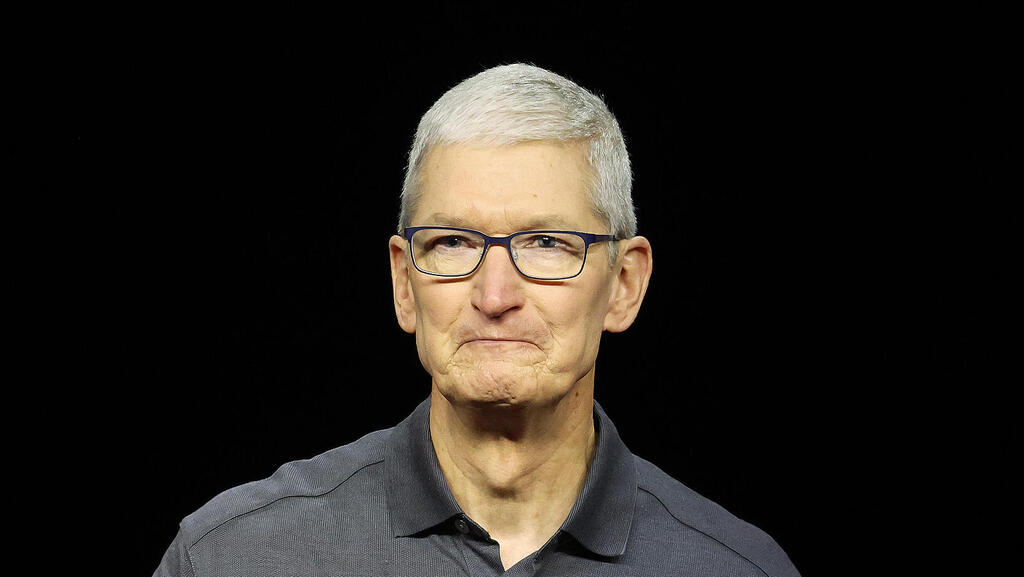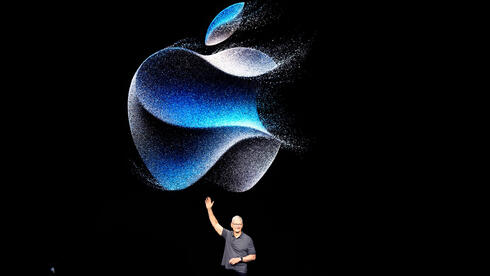
EU sends strong signal with 500 million euro Apple fine
At the end of an investigation that determined that Apple harmed the competitiveness of Spotify, the technology giant was fined half a billion euros. Ahead of the Digital Markets Act (DMA) taking effect, the fine opens the door for Amazon, Netflix and others to file similar complaints
The European Union is expected to impose a fine of half a billion euros on Apple following an investigation in which it found that the company's app store policy harmed Spotify's ability to compete with Apple's own streaming music service.
The fine itself, Apple's first in the European Union, is not expected to have a significant impact on the company's financial situation and is nothing more than a minor blow (the fine is equal to 0.45% of Apple's revenues in the first fiscal quarter of 2024, which were $119.6 billion). However, it points to the Union's willingness to hear similar complaints from other companies operating in Apple's ecosystem, and signals its determination to enforce the Digital Markets Law (DMA), which will take effect next month.
Spotify has been waging a regulatory battle against Apple for nearly half a decade, centered on the claim that Apple's App Store policy is a violation of antitrust laws and harms competition. Specifically, Spotify opposes Apple's ban on apps that use external payment systems (it only allows the use of its own payment system), and additional restrictions related to this, primarily the prohibition to charge users on other platforms (such as Android or the company's website) a price lower than the subscription price in the App Store.
Apple charges a commission of 30% for every transaction carried out through the App Store, and Spotify claimed that as a result it suffers from a disadvantageous position in competition with the Apple Music service: while Apple keeps the full subscription price it charges for the service, Spotify is forced to pay 30% of it to Apple, which hurts its competitiveness. Spotify chose not to allow registration to its service through the App Store, and thus not to accept subscriptions for which it pays a high commission, but here it encountered another restrictive policy of Apple: a ban on directing users to the possibility of purchasing a subscription outside of the App Store.
These restrictions were at the heart of Spotify's long-running fight against Apple, and also at the heart of a parallel fight by Epic Games, the developer of Fortnite, against the US company. However, while Epic’s fight, which was conducted through a lawsuit, largely failed, that of Spotify, which was promoted through a regulatory complaint, now succeeded with the expected decision of the Union to fine Apple.
The EU Commission and Spotify did not respond to the reports. Apple referred to a previous response in which it claimed that "the App Store helped Spotify become the leading streaming music service in Europe."
The importance of the Union's expected decision is not the level of the fine itself. The amount is too small to constitute a significant penalty for Apple. And in any case, the issue is expected to drag on in appeals for years. This is what happened with previous significant decisions by the Commission, such as the cumulative fines of 8 billion euros imposed on Google in three separate investigations, or the decision from 2016 according to which Apple is obliged to pay Ireland back taxes of 13 billion euros, and the appeals of which are still slowly moving through the court system.
The importance lies primarily in the fact that the door is now opened for other companies affected by Apple's policy to file a complaint and receive the same remedy, perhaps on a shorter schedule given the fact that the complaints will be very similar to Spotify's. Epic Games, Netflix (which, like Spotify, does not allow registration through the App Store) and Amazon (which, because of the fee, does not sell Kindle books in its iPhone and iPad apps), and many others, can decide to make Apple's life miserable.
Second, and no less essential, the Commission's decision signals its determination to enforce the Digital Markets Law. The law, which will take effect on March 7, introduces a new and broad regulation for large platforms including app stores, search engines, browsers and operating systems. It will apply to services with an annual turnover of at least 7.5 billion euros in the Union and 45 million or more users in the Union, and will require companies to limit the uses they make of personal information, limit the exclusivity of products or services they offer to end users, allow the installation of third-party applications in the company's operating systems, and it will also be prohibited to prioritize the company's products over competing products.
Related articles:
Apple's app store falls under the law's definitions, and at the end of January the company published how it intends to comply with the requirements, such as opening the iPhone to external app stores or allowing the use of external payment services. However, the company did so with so many limitations and difficulties that many competitors, including Spotify, claimed that in practice it does not change anything.
In this context, the fine is a clear signal to Apple: we are living up to our word, and if we are not satisfied, or if the developers and competitors complain, you will hear from us again.
